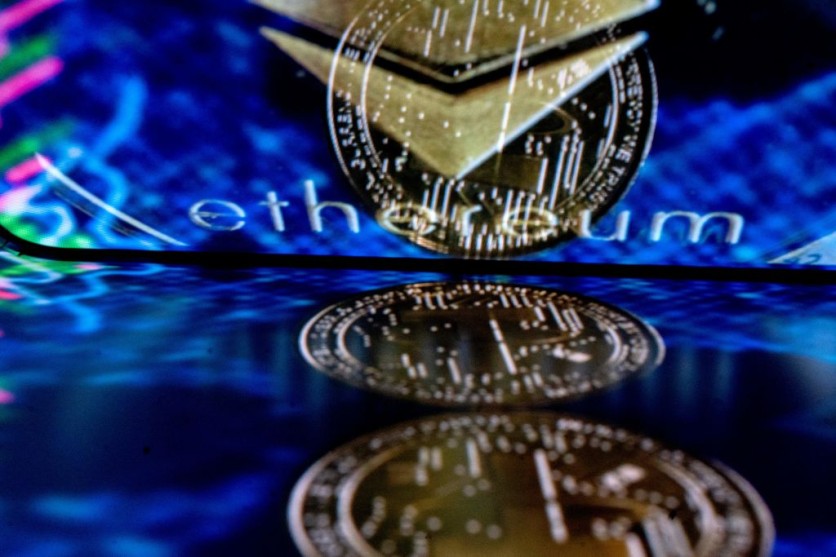
A consortium of Japanese firms is set to introduce a new digital currency, known as 'DCJPY,' by July 2024, Reuters reports.
This currency is geared to change how clean energy certificates are transacted and settled, offering a transparent and secure solution that could significantly impact the global energy landscape.
The 'DCJPY' project, spearheaded by a consortium of Japanese corporations, is gaining momentum and aims to redefine how clean energy is handled in the country.
One of the key players in this initiative is GMO Aozora Net Bank, which will be responsible for issuing the 'DCJPY' currency.
This yen-based digital currency will operate on a network launched by cryptocurrency exchange DeCurret, known for its expertise in digital transactions.
Clean Energy Certificates on the Blockchain
Starting in July 2024, 'DCJPY' is slated to be the preferred currency for transactions involving clean energy certificates. This system assigns an "environmental value" to energy derived from non-fossil fuel sources.
Blockchain technology will underpin these transactions to ensure transparency and security, making them tamper-proof and traceable. This move not only streamlines the process but also enhances the system's overall integrity.
Seamless Transactions and Enhanced Security
One of the most significant advantages of 'DCJPY' is its integration with traditional bank accounts. This integration ensures that the currency is backed by bank deposits, paving the way for seamless settlement of transactions.
Furthermore, this approach enhances security by incorporating banks' existing know your customer (KYC) and anti-money laundering (AML) practices, effectively setting 'DCJPY' apart from other cryptocurrencies.
It is worth noting that this digital currency differs from stablecoins, as its value is not pegged to fiat currencies but is instead rooted in bank deposits.
Cost-Efficient Transactions
Aside from its sustainability benefits, 'DCJPY' is expected to make significant inroads in cost efficiency. It promises to drastically reduce payment settlement costs compared to existing systems, such as direct debits and transfers.
The potential cost savings could be a game-changer for businesses, especially in an era where digital transformation is essential.
Satoshi Murabayashi, the CEO of DeCurret, highlighted the significant impact of this innovation, saying, "If cashless business entities can also become truly digital by using the 'DCJPY' network, there will be enormous cost savings for all stakeholders involved in payment settlements."
Global Alignment
The 'DCJPY' White Paper, released alongside this exciting announcement, suggests that this digital currency has the potential to coexist with Japan's central bank's planned digital currency.
This alignment is a positive sign for the country, positioning it alongside other nations exploring digital currencies backed by bank deposits and blockchain technology.
This consortium includes some of the most influential names in Japan's financial sector, such as Mitsubishi UFJ Financial Group Inc., Mizuho Financial Group Inc., and Sumitomo Mitsui Financial Group Inc.
Stay posted here at Tech Times.

ⓒ 2026 TECHTIMES.com All rights reserved. Do not reproduce without permission.




